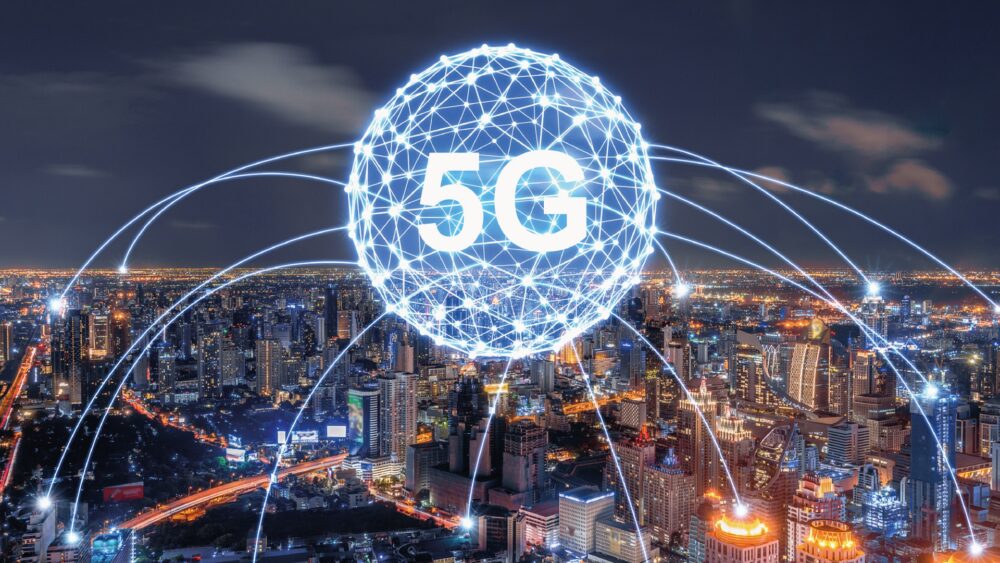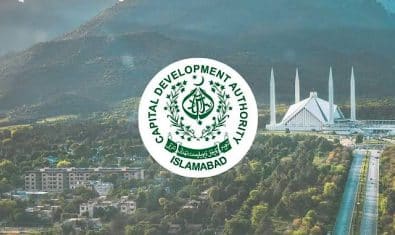Pakistan tested 5G service in 2020, but the race to adopt the new technology currently does not seem to work, as infrastructure needs to be developed yet and the business use cases are premature to act upon.
This was the crux of a webinar titled, ‘Expectations, Experiences, & Reality of the 5G Journey’ held by GSMA under its Mobile 360 APAC series.
Experts, addressing the webinar, highlighted that the developing countries need 4G for all approaches instead of 5G, as infrastructure needs work and the business use cases are premature to act upon.
They underlined that the countries that commercially launched 5G first achieved around 70 percent or more 4G penetration. As per the latest figures, Pakistan’s 4G penetration stands at 43 percent at present. Around 45 percent of the current subscriber base in Pakistan does not use mobile broadband, while 15 percent of the population lives without any telecom coverage.
The experts stressed a need to prioritize mobile broadband to all those connected to cellular networks before commercially launching the 5G network in Pakistan.
Moderated by Accenture’s Managing Director, Ritesh Chandra, the discussion included Smart Communications’ Chief Technology and Information Advisor, Joachim Horn, Indosat Oreedoo’s COO, Vikram Sinha, and Jazz CEO, Aamir Ibrahim.
“I believe Pakistan should not jump on the 5G bandwagon immediately, because the infrastructure needs work and the business use cases are premature to act upon. Regarding consumers, if their demand is faster speeds, we can provide that through a more robust 4G infrastructure,” stated Aamir Ibrahim during the session.
Aamir firmly believes that the ecosystem needs further nurturing and areas of policy developed to entice operators. “5G requires fundamental changes in both investment strategy, spectrum policy, and deployment. It also requires much higher upfront investment costs, principally capital expenditure, and yet faces higher uncertainty in the commercialization of the novel use cases. Adopting and implementing a 5G network requires a concerted effort from all stakeholders to overhaul outdated policies, ensure availability of affordable smart devices, strike partnerships, garner investments, release spectrum, develop digital skills, create demand, and foster innovation,” he added.
These views were seconded by Vikram Sinha. He said,
It needs to be more than just a speed game and at Indosat, we are now clear that the consumers’ demand for low-latency services will only be possible if the policies support it. We are also working on some exciting enterprise/business cases but for these to be commercially viable it is important for all stakeholders to collaborate. For us, the 5G journey has to be much more meaningful than the need to create big noise.
Indosat Ooredoo launched its 5G services in Indonesia’s city of Surakarta in June this year and has since then been expanding to other cities including Jakarta and Surabaya.
Talking about the launch of 5G in the Philippines, Joachim Horn, said,
We decided to launch 5G when smartphone prices fell to around USD 150. But on the enterprise side, the situation was completely different. The interest is high but the knowledge is limited, so it takes a lot of education to make businesses understand the opportunity. The road is long and we need to help enterprises integrate 5G into the ecosystem and eventually develop the use case.
When asked about the lessons learned from 5G launches in advance economies, Aamir said,
We are keenly exploring global 5G case studies and connecting with colleagues from various countries to understand the type of impact 5G has had. We are not oblivious to the advantages but at the same time, we understand that landscapes and policies differ significantly from one country to another. For example, Japan and China have allocated free 5G spectrum and South Korea offers tax breaks to operators to compensate for rollout costs. The decision on when to launch 5G is based on triggers that are localized for each market, given the different stages of 5G readiness. We already tested 5G services back in January 2020, but the race to new technology is not currently feasible.






















In all Pakistan 2 g is not working properly no voice call is clear you are talking about 5 g .please first 2 G than 3 G than 4 G .in all Pakistan no two g and 4 G working properly .me from Dadyal Azad Kashmir no 4 G service in ajk .
That is very true.
The so called 3G and 4G technology is a joke in Pakistan. In the UK and most other countries, we get upto 150mbps of dl/ul speeds. Here in Pakistan, you will struggle to get anything above 5mbps.
Everything is broken, hyped up and seriously malfunctioning in Pakistan.
Keep your stupid articles to yourself.
Pakistan is and can only dream.